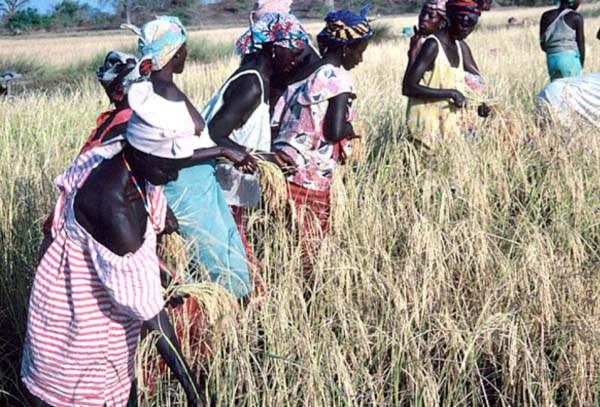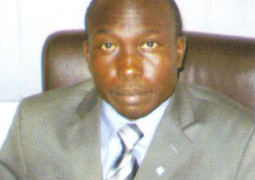
One
of the over 100 plots of land that former President Yahya Jammeh had acquired
from their owners have been returned to the communities that had traditionally
been using it to cultivate rice.
Jahally-Pacharr
had been an agricultural rice cultivation projects designed for communities in
the Central River Region south by the first government of The Gambia. It was famous for its tons of output in rice
production but that has sharply dropped under Jammeh regime until he decided to
take ownership of the lands.
“Lands
belonging to Jammeh are being reviewed to ascertain which ones he owns and
which he doesn’t,” said the president’s spokesperson, Amie Bojang-Sisoho.
She
said one of such lands was the Jahally-Pacharr rice fields which Jammeh said he
gave to President Barrow. Amie was
referring to the famous speech by Jammeh on December 2, 2016, in which Jammeh
conceded defeat at the polls and said he was giving that rice fields to Barrow.
But
when Barrow visited the fields in March 2017, it was returned back to the
localities that had been cultivating it for years even before Jammeh came to
power in 1994. They are now using it to
cultivate their own rice.
Adding
value to agriculture
Mrs
Bojang-Sisoho said President Barrow has put emphasis on adding value to
agriculture to improve the economy.
“This
government’s policy is to promote diversification in agriculture which calls
for not just focusing on groundnut and rice production but to promote
livestock, horticulture and poultry farming,” she told reporters at the press
briefing yesterday afternoon.
The
Ministry of Agriculture is also said to be working on the implementation of
this policy to promote public-private partnership in agriculture, she said.
She
added that this is meant to encourage investors to work with farmers and move
away from subsistence to commercial farming, as well as add value to
production, processing, storage and marketing chain.
She
also said seeds and fertilizers are already available at reduced price compared
to last year.
Also,
the Ministry of Agriculture is working with communities to look into issues of
farm implements.
“They
will retrieve the available ones so that the majority of the people in the
communities can access them rather than the implements being monopolised by few
individuals.”


